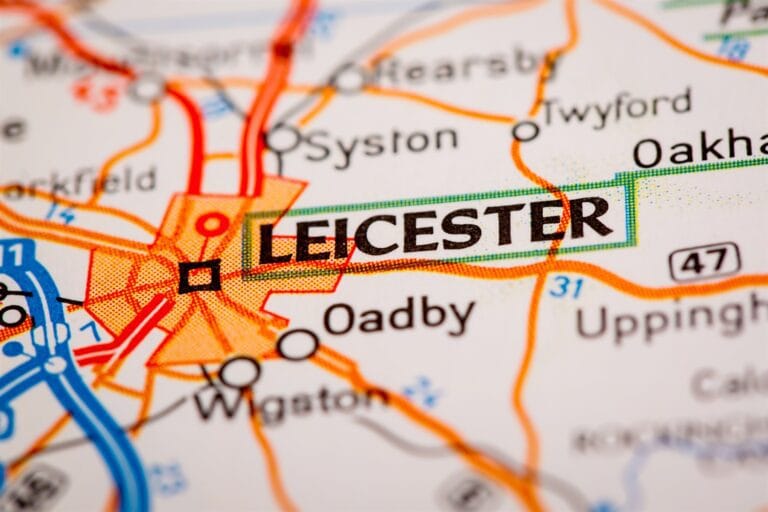Leicestershire County Council has announced plans to increase its share of council tax bills by 4.99% starting in April. This increase, the maximum allowed under current government regulations, is aimed at addressing the council’s growing financial challenges.
Why Is the Council Raising Taxes?
According to the council, the increase is necessary to manage relentless financial pressure. Without the tax rise, the council’s spending would exceed its income by £4.7 million in 2025-26, with the gap projected to rise to a staggering £91 million by 2029.
Despite generating an additional £20 million, the tax hike will only cover the rising costs of the National Living Wage and National Insurance. The council will still need to make £33 million in savings to balance the books.
What Is Driving the Budget Deficit?
The council has cited several factors contributing to its budgetary strain:
- Inflation and increasing costs, which are expected to add £218 million over the next four years.
- Social care costs, which remain a significant financial burden. The council has allocated an additional £100 million to support vulnerable children and adults.
- Infrastructure maintenance, including an extra £12 million dedicated to fixing potholes across the county’s roads.
- Flood prevention efforts, with £1 million earmarked for flood mitigation following severe flooding in early January, alongside £500,000 to clear debris and repair immediate damage.
What Council Leaders Are Saying
Deborah Taylor, Acting Council Leader, emphasized the importance of financial resilience:
“Our focus has to be managing what’s in our gift and remaining financially resilient. We’re investing big sums of money in supporting vulnerable people and directing resources into essential services like road repairs and flood recovery.”
Lee Breckon, the council’s cabinet member for resources, added:
“The pressure on councils’ budgets is relentless. We’re lean, high-performing, and low-funded, but we continue to do the best we can with the money available.”
What Happens Next?
The proposed budget, including the tax increase, will be debated and voted on during the council meeting today. If approved, the new tax rates will take effect in April.
How Will This Effect Residents?
For households, this increase means a higher council tax bill but also continued investment in vital public services. Residents should stay informed and participate in discussions about local government spending to ensure their voices are heard.
For further details, clarification, contributions or any concerns regarding this article, please feel free to reach out to us at editorial@tax.news. We value your feedback and are committed to providing accurate and timely information. Please note that all inquiries will be handled in accordance with our privacy policy



